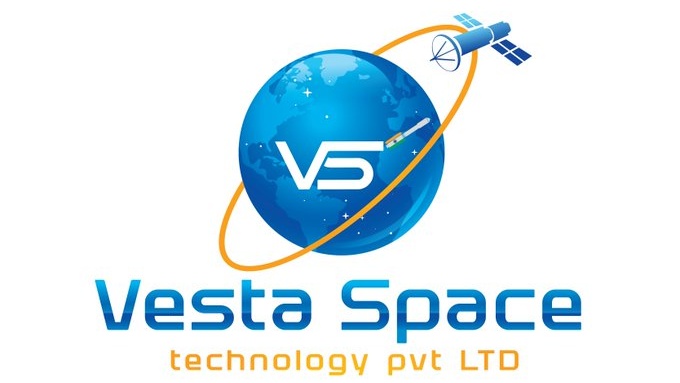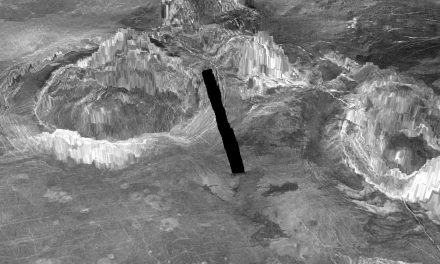
Indian startup Vestaspace plans over 35 5G satellites

Indian space technology startup Vestaspace Technology, which specializes in making small satellite platforms for commercial and scientific applications, is attempting to launch a constellation of over 35 satellites to build 5G network connections across the country.
The Pune-based company will release a beta version of the satellite constellations this September, and the launch of a fully operational constellation of satellites in early 2021.
As per a company statement, Vestaspace is installing eight ground stations and 31,000 data receptors all over India in a bid to provide 5G internet network solutions to the urban, rural and unserved regions. This has been made possible with the help of accurate positioning and telemetry related activities.
All the constellations of satellites will be placed into the Leo and Geo orbits.
- Business and consumers ‘confused’ about benefits of 5G
- Here are the best 5G phone deals for May 2020
Arun Kumar Sureban, Founder and CEO, Vestaspace Technology, said “We are on a mission to make space accessible to everyone who once thought satellites were rocket science. Not only this, through our secured connections a common person can also access to the satellites of their choice and to get immersed in the world of space.”
Sureban has been quoted by BusinessLine as saying that “the company has taken all regulatory and required licences from the government. The services will be offered in Ku and Ka bands. To start with, the company plans to offer bandwidth to existing telecom operators and internet service providers, but it has taken licence to offer services directly to customers at a later stage.”

Similar to SpaceX plans
In India, regulatory norms permit only the State-backed ISRO (Indian Space Research Organisation) to provide satellite coverage over Indian space. In the event, Vestaspace has to have all permissions before putting the satellites in space.
Devas Multimedia was a similar company in India, but all its plans ran into trouble, and as a company, it was mired in a lot of controversies.
Vestaspace’s ideas seem similar to what Elon Musk’s SpaceX plans to do with its Starlink internet satellites. Starlink is targeting service in the Northern U.S. and Canada in 2020.
The company hopes to replace traditional fibre networks with all the satellite constellations and provide high-speed 5G-network connections pan-India with its unmanned software data processing along with successful launches of orbiting satellites and understanding next-generation satellites data needs.
Recent funding has made Vestaspace reach for sky
Vestaspace, founded in 2018, recently secured $10 million funding from Next Capital LLC, an American investment and advisory firm to expand the reach of Vestaspace innovative solutions across India and the world.
Sureban, who has worked on a series of CubeSat (CubeSats are miniature satellites used exclusively in low Earth orbit for applications such as remote sensing or communications) and Nanosatellite projects, is optimistic that the funding will enable the startup to scale up significantly. He estimates a growth boost of up to 300 per cent.
But Vestaspace has its task cut out. For, satellite-based 5G availability in India is a bit of an enigma as of now. The country is still to decide its stance on 5G trials, spectrum auctions, and the deployment of high-speed networks.
The International Telecom Union (ITU), which is part of the United Nations (UN), is holding a virtual meeting next month. Ahead of the meeting, phone companies in India have reached out to Anshu Prakash, the telecom secretary of India, to clear blurry lines on India’s plan for 5G spectrum auctions, trials, and roll-out.
Via ET Telecom
- 5G won’t return mobile market to growth in 2020
- What is 5G? Everything you need to know
- Everything you need to know about SpaceX’s Starlink plans for ‘space internet’
Source:: TechRadar Portable Devices

















